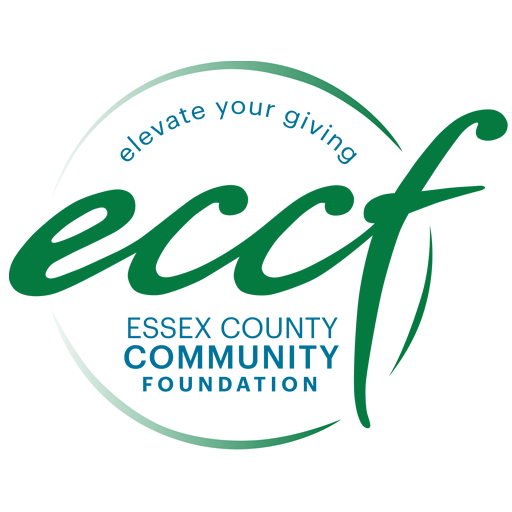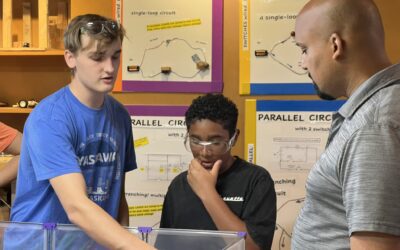An expanded biotech workforce and cutting-edge marine research key to GMGI’s mission
By Michelle Xiarhos Curran
ECCF COMMUNICATIONS WRITER
As the country’s oldest fishing port, Gloucester is a city with a past that is inextricably linked to the sea.
But its future is tied to the ocean, too – and in exciting ways. That’s in large part thanks to the Gloucester Marine Genomics Institute (GMGI), a young nonprofit marrying Gloucester’s rich maritime history to the promise of new opportunities offered by the ocean, like advances in human health, education and economic development.
Recently, as part of ECCF’s Nonprofit Connect program, a group of ECCF staff, friends, fund advisors and donors made the trip to Gloucester to learn more about how GMGI – funded in part by philanthropy – is helping people and redefining the city as a hub for innovation and discovery.
Hands-on training for a future in science
In September, a cohort of students will graduate from GMGI’s Gloucester Biotechnology Academy (GBA), which offers a nine-month training program that prepares high-school graduates age 18-30 for careers as entry-level technicians in biotechnology and life sciences laboratories.
Right now, these students are wrapping up their last few weeks as interns at companies like Seismic Therapeutic, Ginkgo Datapoints, Kelonia and the Northeastern University Biopharmaceutical Analysis Training Laboratory (BATL). When they are done, they have the promise of fulfilling, lucrative careers in biotechnology.
At ECCF’s visit in the spring, the students were in the thick of their training. For three months, they’d been focusing on fundamental lab techniques, analyzing DNA using agarose gel electrophoresis and UV fluorimetry, learning the principles of CRISPR and creating transgenic organisms. The program is not for the faint of heart.
“It’s rigorous,” said John Doyle, Ph.D., director of education for the Academy. “We put students through a lot.”
Until now, traditional thinking led us to believe that work in the sciences was reserved only for those with four-year degrees from colleges and universities that often come with exorbitant price tags. GMGI is turning that theory on its head. Not only is their Biotechnology Certificate program completely tuition-free, but upon successful completion of the training, graduates enter the workforce earning a median starting salary of $50,000.
“These are not just jobs,” said GMGI Development Director Logan Walsh. “They’re actual careers. Here at GMGI, we really believe that science is for everyone.”
This is welcome news for an increasing number of students – from Gloucester and beyond – who are looking for alternative pathways to successful careers. And it’s good news for the many biotech companies that are pushing north to Cape Ann and the North Shore and looking for trained professionals to join their teams.
As part of GBA’s Biotechnology Certificate program, two cohorts of about twenty students each year experience six-months of hands-on lab training, followed by a 12-week paid internship at a partnering biotech company, mentorship by biotech industry leaders and soft skills training like resume writing and interview techniques.
“We really help them with those life skills,” said Doyle. “We try to make them as well-rounded as they can be when they get out of here.”
Additionally, for students who qualify, stipends are available to attend the Academy, an economic boost that helps support them as they focus on successfully completing the full-time training program. Students also receive a free laptop upon graduation, and access to wraparound services and other supports from a staff of people who are truly invested in student success.
“The idea is to give them opportunity,” said Doyle.
The GBA Biotechnology Certificate Program boasts an 80% graduation rate, with nearly 90% of those graduates employed after graduation (55% at the companies where they were interns) – or enrolled in college. GMGI graduates can take advantage of established agreements with several area institutions that award college credits to Biotechnology Certificate grads accepted into their science programs.
“That’s the goal, to open up more pathways to careers and college,” said Doyle.
On the day of ECCF’s visit to the teaching lab at 55 Blackburn Center, where GMGI also offers summer STEM programming for middle schoolers, students took a moment to talk about what they love about the Biotechnology Certificate Program, which GMGI hopes to replicate in other parts of the state.
“I really like learning hands on,” one student said. “And I’m really excited about taking that learning into the industry.”
Cutting-edge research
While young people are forging brighter futures through science education at the Academy, on the edge of Gloucester’s inner harbor, an area once crowded with fishing vessels, GMGI scientists are conducting innovative research that is providing insight onto our oceans, ecosystems and human health.
On the edge of Gloucester’s inner harbor, an area once crowded with fishing vessels, GMGI scientists are conducting innovative research that is providing insight into our oceans, ecosystems and human health.
It’s all happening inside 417 Main Street in downtown Gloucester – the big red and gray building adorned with a fish that overlooks the sea. Andrea Bodnar, Ph.D. – the GMGI Donald G. Comb Science Director – leads leads the second half of the ECCF tour through various state-of-the-art labs and into the “Tank Room” where sea water from the harbor is pumped into floor-to-ceiling tanks. Dozens of red sea urchins cling to the glass.
Bodnar explains how some of these urchins live up to 200 years – with no sign of aging or disease, like cancer. Her research team has been studying the marine creatures to better understand and promote healthy aging and disease prevention in humans.
“Although at first glance, you may think we have nothing in common with this animal, they are actually our closest genetic cousins,” said Bodnar.
Researchers are using genomics – a specialized branch of molecular biology that studies genomes (the entire set of DNA instructions found in a cell) – to discover pathways that regulate longevity and disease resistance. GMGI scientists are also collaborating with other researchers to develop new cell culture tools that will empower them to gain additional insight into how the makeup of sea urchins could advance human health.
But their cutting-edge work with sea urchins is only a sliver of the research happening at GMGI. Working closely with local fisherman and organizations like the National Oceanic and Atmospheric Administration (NOAA), they are leveraging genomics and environmental monitoring to study Cape Ann’s ecosystem diversity, function and health, how the effects of climate change are impacting ocean populations, conservation efforts, the local fishing industry and economy, and so much more.
“It’s wonderful to be part of the working waterfront, to interact directly with the fisheries,” said Bodnar.
Working together is key
Across their research work, GMGI maintains partnerships with numerous institutions and organizations, including Dana Farber Cancer Institute, Northeastern University and more.
“We really want to collaborate,” said Bodnar. “We’re a small team and to make a big impact, we really need to collaborate.”
Bodnar said GMGI is funded through a balance of state, federal, foundation and philanthropic resources for their work. This balance of funding has been critical as GMGI continues to be on the leading edge of scientific research and education. But the organization, like many nonprofits, is also paying close attention to the shifting funding landscape.
“We are in a really good position now,” said Bodnar. “But we’re going to need to start to rely more and more on philanthropy.”
On the day of ECCF’s visit, Chris Bolzan, who served as GMGI’s executive director for six years, was wrapping up her last day with the organization before passing the reigns to Bonnie Fendrock.
“ECCF has been such a fabulous partner with us over the years,” said Bolzan. “It’s such a great partnership to have other people invested in science and education.”
It’s a partnership that ECCF values tremendously. The foundation’s role, and why ECCF emphasizes site visits to local nonprofits though its Nonprofit Connect program, is to keep people informed of the incredible work happening in our communities – and how philanthropy can play an innovative role in pushing it forward.
To learn more about GMGI, its Gloucester Biotechnology Academy and the organization’s wide scope of cutting-edge marine research, please visit www.gmgi.org.


